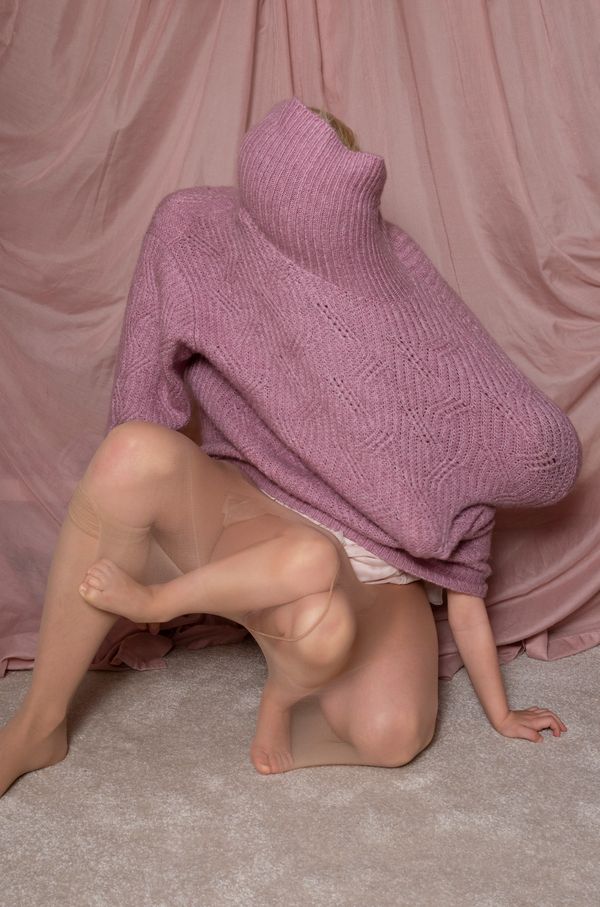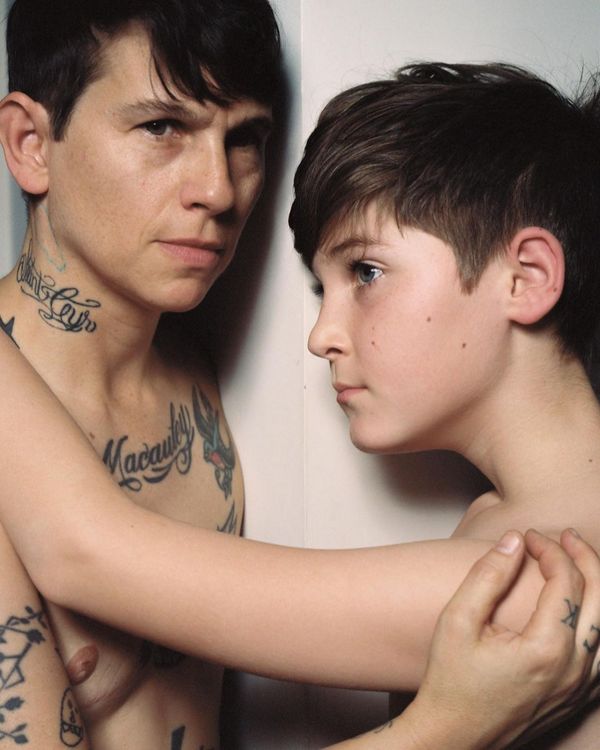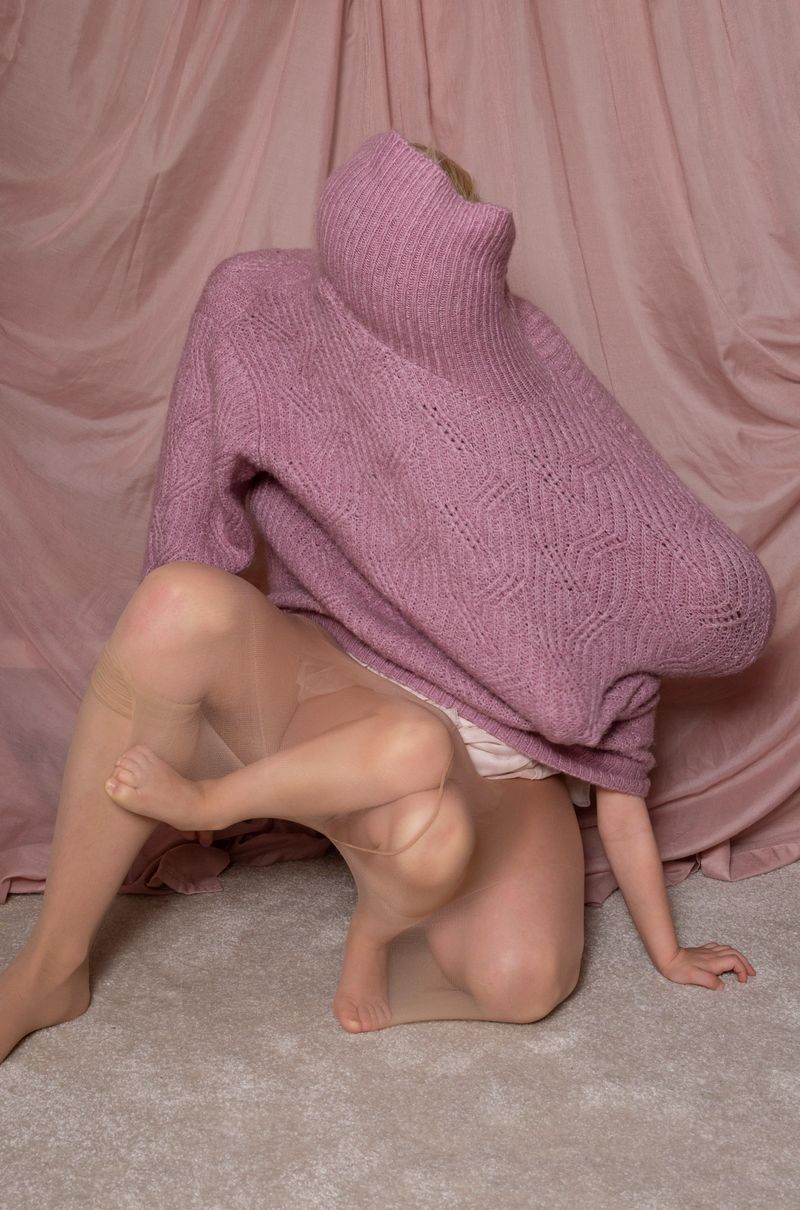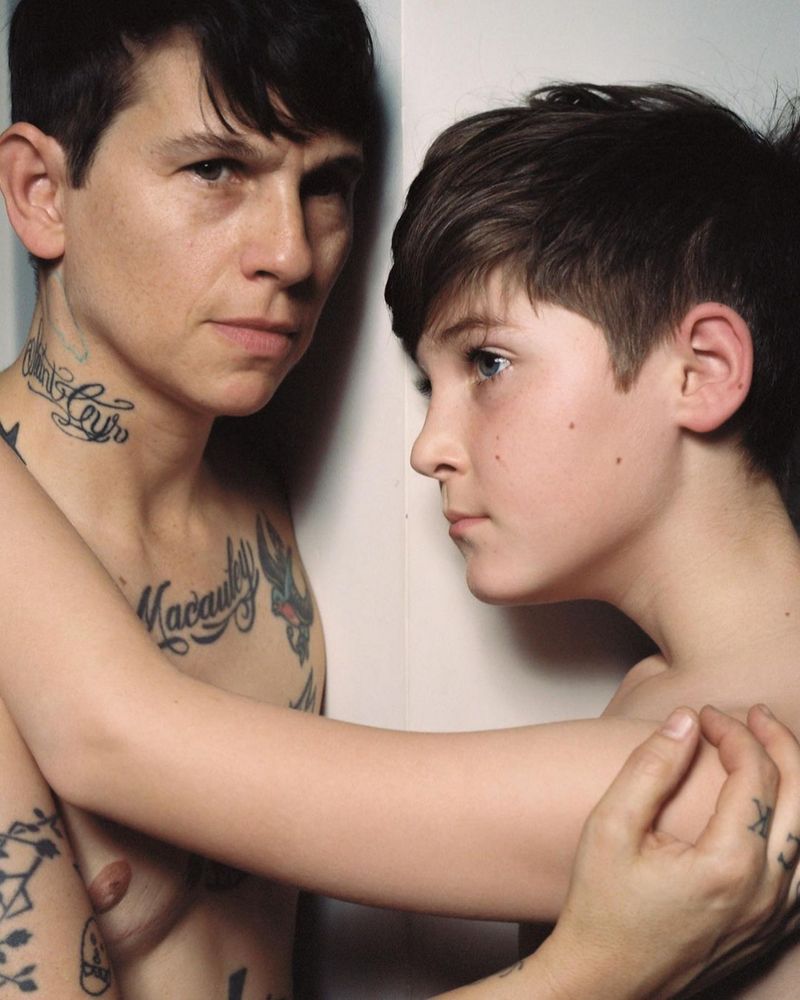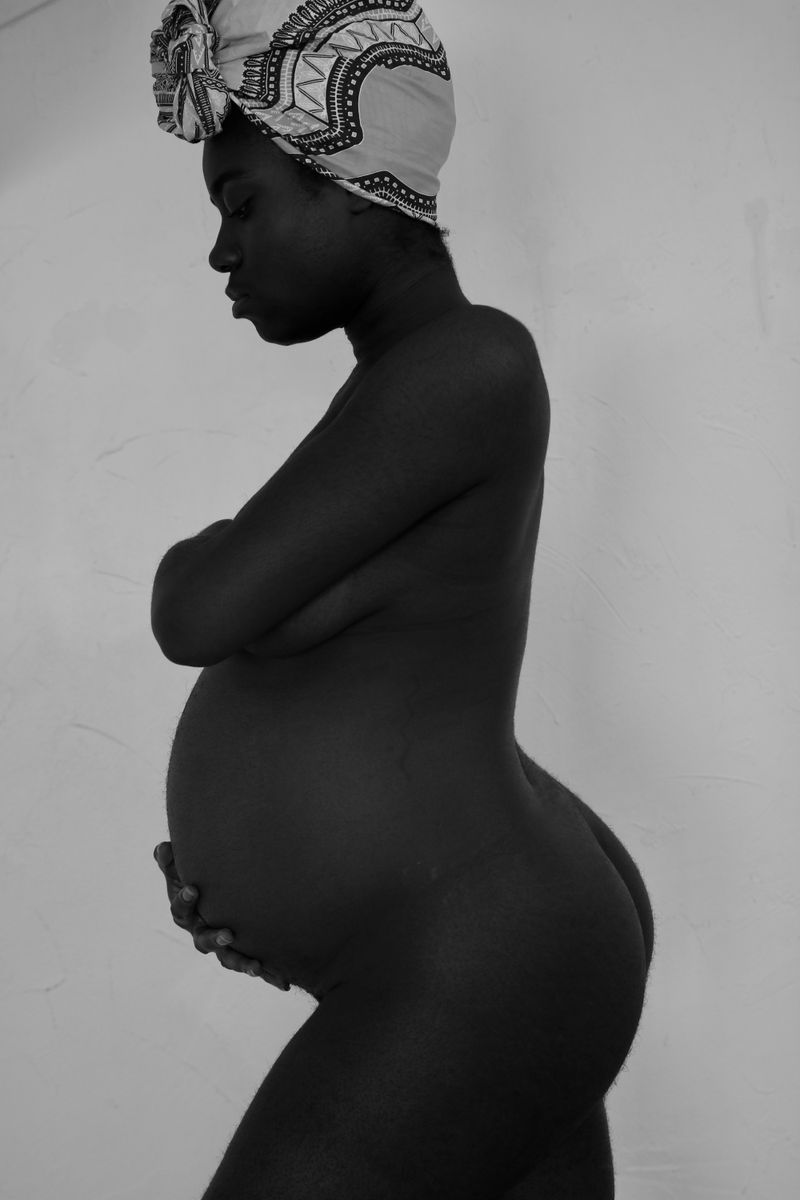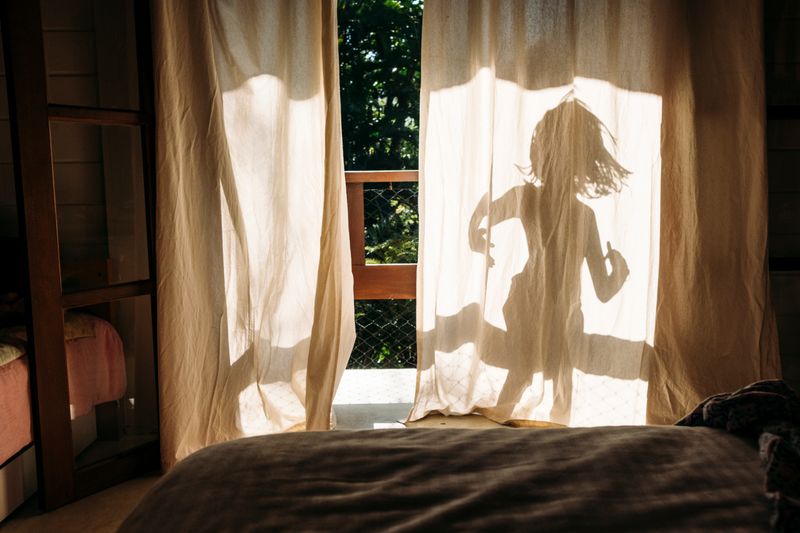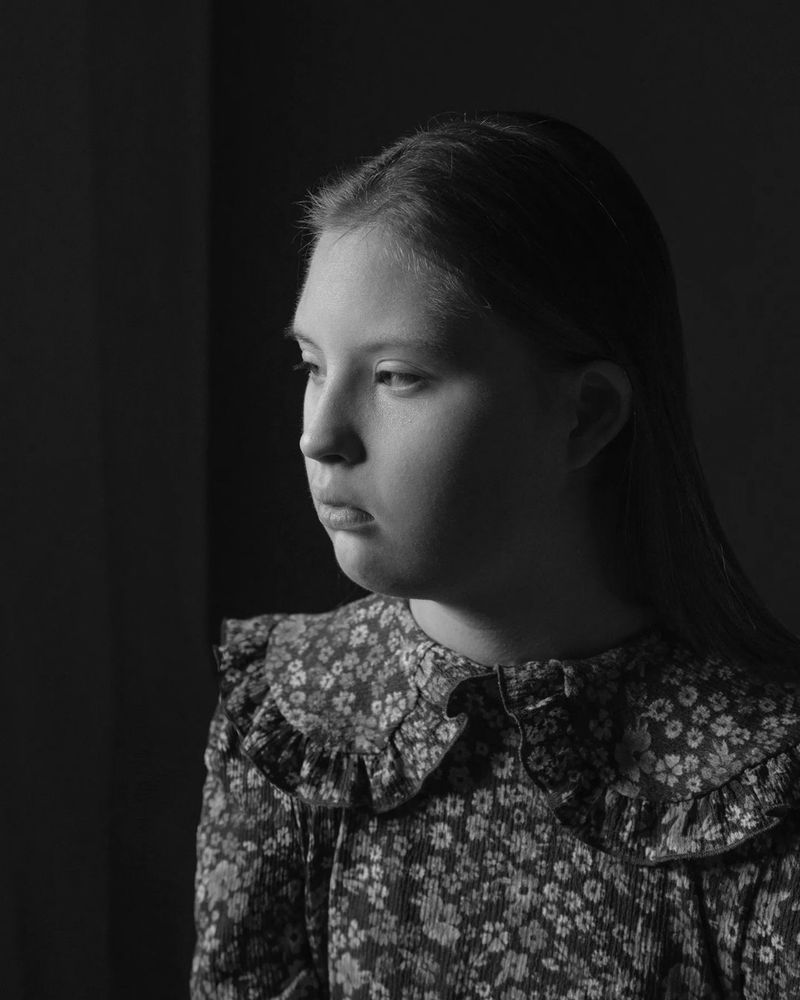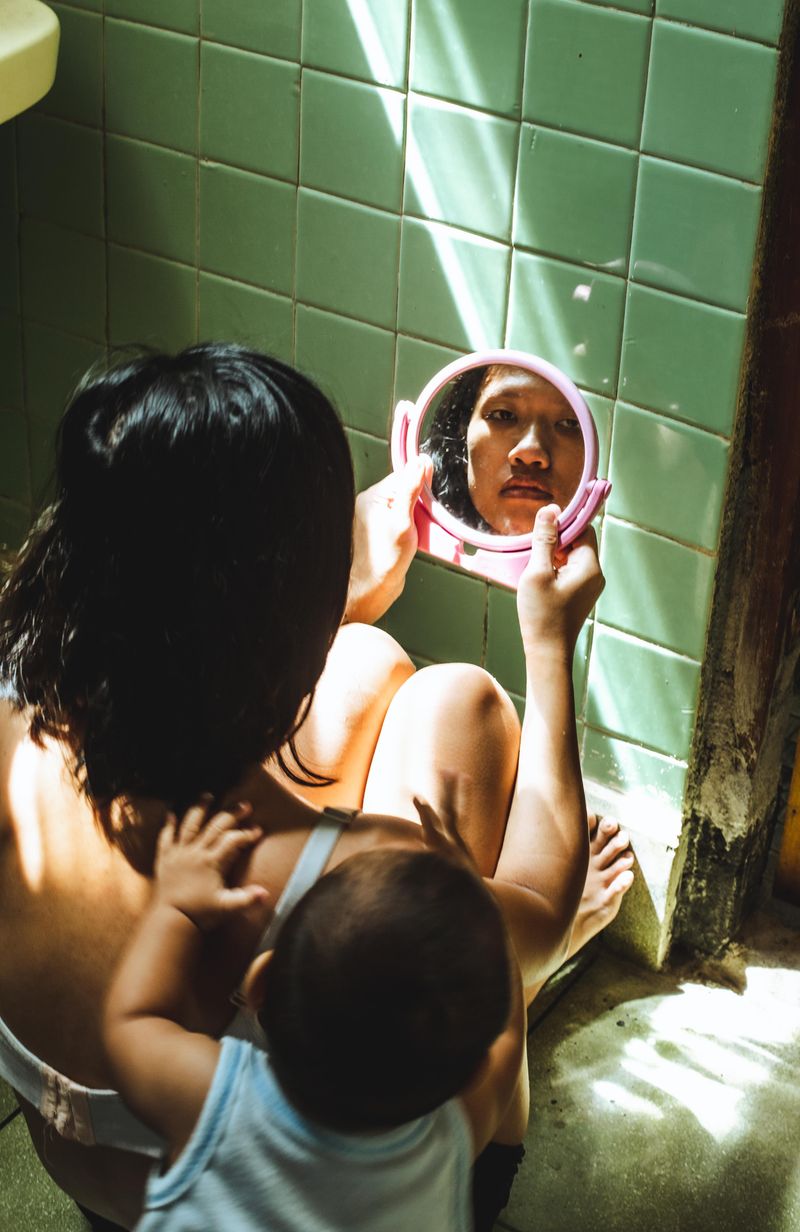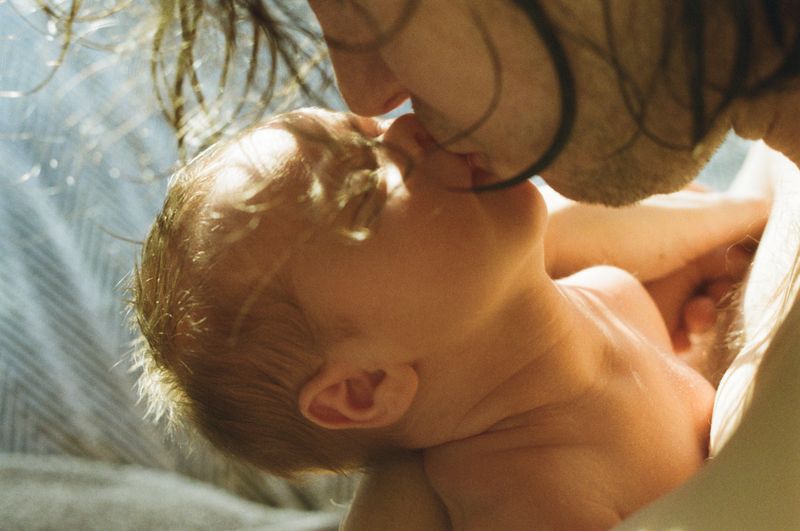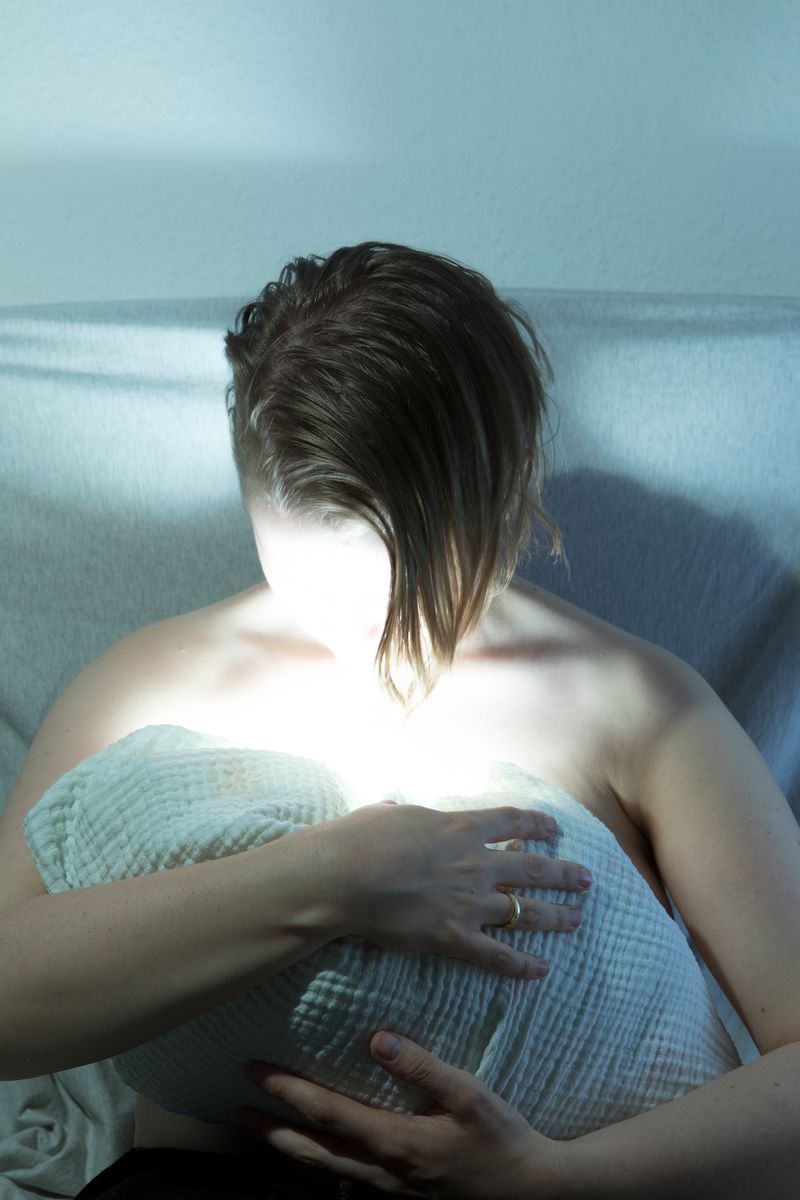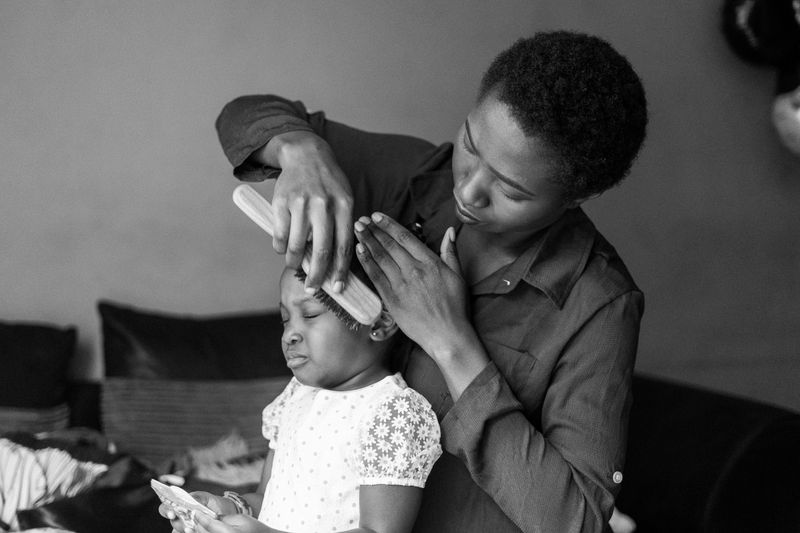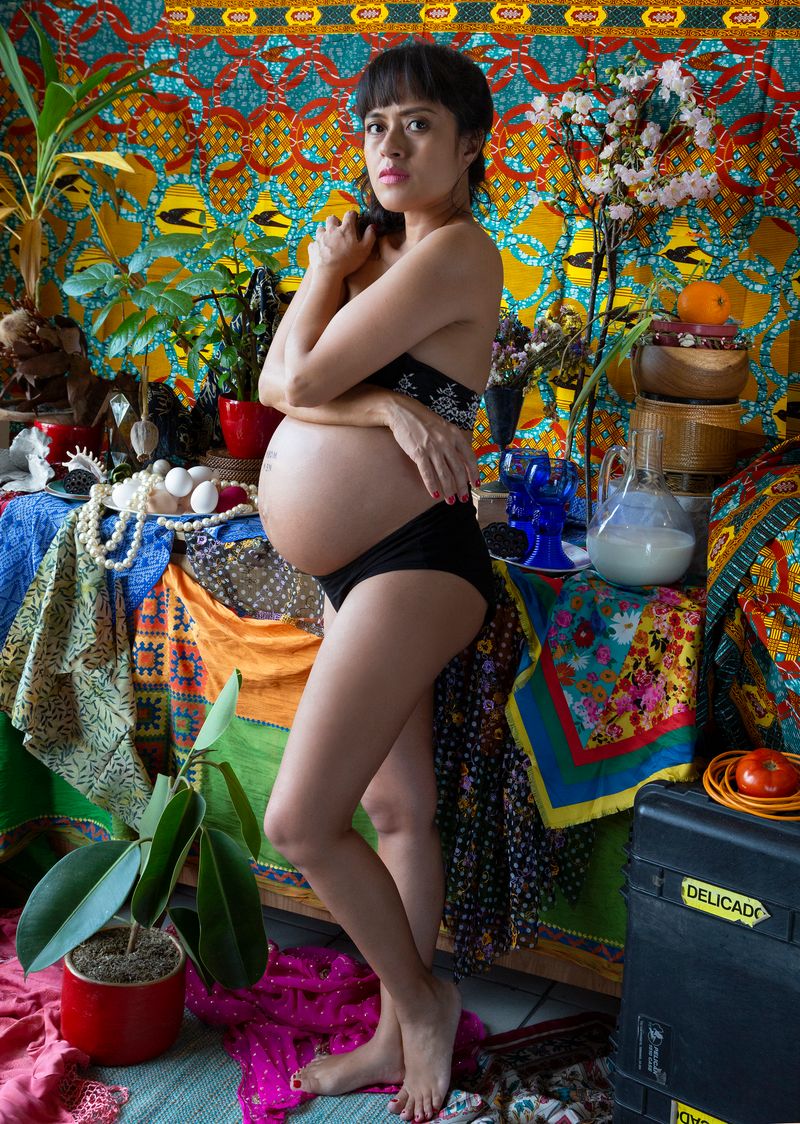All That Motherhood Can Be: 10 Photographers To Discover On Mother’s Day
-
Published14 May 2023
-
Author
Founded by Karni Arieli during the 2020 lockdown, Eye Mama is an organically-grown collective platform bringing together the gaze of photographers identifying as mamas. For Mother’s Day, we are showcasing a selection of photographs from their network.
Myths of perfection, and of boundless fusion. Dooming stories of isolation and abandonment, with seemingly no entry or exit points. Boundaries between those who can be considered a mother, and those who can’t. A too-often black-and-white tale of motherhood that doesn’t allow for contradiction or complexity - this is everything the ever-expanding community of Eye Mama Project is actively fighting against. Currently featuring three thousand images, and with a first book that has freshly been launched, the shape of Eye Mama’s motherhood is constantly changing, never still - it is one of intimacy and touch, of pride and of fear, of dirt and of holes, of play, of pain, of truthfulness, and of places one would not expect to get to.
Change isn’t only in the fleetingness of different motherhood(s). It is, most and mainly, in the stable, loud call for the evolution of what motherhood is deemed to be. Eye Mama indeed accounts for experiences of miscarriage and of abortion, for non-binary perspectives, providing a space for all the narratives of those identifying themselves as Mamas - this way making self-affirmation the only criteria for a concept needing blurriness, and continuous hacks from the inside.
Cloe Jancis, Estonia
A continuous physical presence that creates an altered sense of self is the essence of the Estonian photographer’s image titled Mutant, depicting a co-dependent relationship between a mother and a child: each of the two identities is defined by the other, until the point where a third, undefined entity begins to take shape.
Leah Devun, US
The re-imagination of masculinity: of visions of fatherhood that allow for loving touch, and care. The affirmation of LGBTQ identities: of their existence and legitimacy, in a moment where the US legislation attacks and limits the expression of queer and trance experience. This photo of Leah Devun’s partner, a transgender father, and their son, bears the hope for a different present and the struggles of an ongoing fight - but most of all, it carries one certainty: the need for LGBTQ families to be pictured and seen.
Krissima Poba Ngouma, France
“Eight months of vomiting, losing weight, suffering, putting on weight again - I’ve dreamed of the end from the start”. Writing to her newborn, Krissima Poba Ngouma doesn’t hide the harshness of a time whose violence seemed to be endless. Though, even there she finds something that she might miss in the future: the feeling of a presence moving restlessly inside of her while listening to music that she hates - for instance.
Paula Brandao, Brazil
During the pandemic, Paula Brandao’s family moved from a large metropolis, São Paulo, to a small beach on the coast. Her daughter Olivia playing with her shadow comes to symbolize a time drenched in uncertainty and fear, but also in the wonders and intensified intimacy of shared isolation.
Elena Kuzin, France
Expecting a child comes with anticipation: of how things will be and look like. Of specific excitements, and specific struggles. A change along the way is what Elena Kuzin’s portrait of her daughter Sofia represents: the landing to a different place, as she describes it borrowing from Emily Pearl Kingsley’s metaphor of raising a child with disability written in 1987, titled Welcome to Holland. A different place that is, though, no less beautiful - it is just different, and in need of a different planning, a different preparation, different sorts of encounters.
Shindy Lestari, Indonesia
“A reminder for me not to lose myself as a person, a woman, and a mom” is what Shindy Lestari’s self-portrait is. Her images look into those aspects of motherhood that are difficult to express - growing into a completely different person, coming to live with the question: have I done the right thing? In anxiety, change, and distress, Lestari finds reasons to search for beauty. And to challenge ideas on what motherhood should be, as the gaze in the mirror is, eventually, looking at us.
Sophie Harris Taylor, UK
Sophie Harris Taylor’s portrait is the passing of a trauma, evolving into love that feels instantaneous. It is the celebration of a fleeting moment, one that will stand out of a cloud of traumatic memories, a snapshot that bears all the quickness and all the intensity of something that will never come back.
Lara Wilde, Germany
Starting from a series of nightmares having to do with the birth of her son, which was 6 months at the time, Lara Wilde’s work is delving through that experience, re-creating it again, and again, and again. By re-living the labor, her pain, guilt, happiness, and despair could emerge, and be released. In this last image from the series, a sense of emptiness is remembered, slowly turning into love.
Iki Ojo Mercy Haruna, UK
Wawi Navarroza, Philippines
A self-portrait in her small apartment is the only photo Wavi Navarroza took in 2020. Five months pregnant during a global pandemic, a lot was at stake - her work, the coexistence of it with the work of care that would have followed, the way her body and her identity kept changing shape. Partially hidden, marker-drawn letters read on her belly: “NEW WORK”.
--------------
Karni Arieli (UK-IL) is a bafta-nominated filmmaker, photographer and curator, half of directing duo Sulkybunny, and mother of two.
Eye Mama Project is a global photography platform that invites photographer Mamas worldwide, to showcase their experience, aiming at empowering, bringing visibility, contributing to bringing change, and shine a light on the work that is care. Eye Mama: Poetic Truths of Home and Motherhood was published by teNeues this May.

